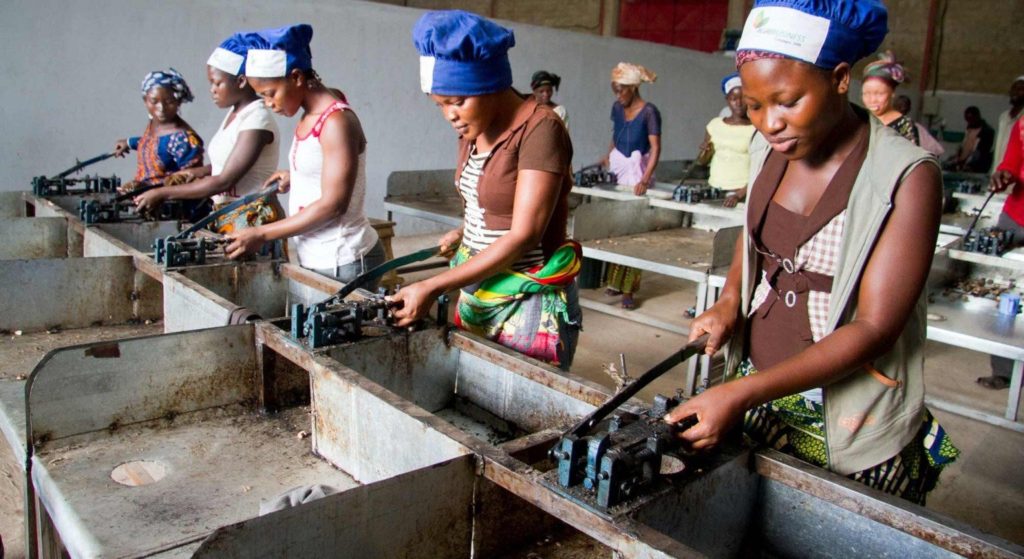Highlight 30/2022 – Small is beautiful and also vital: Role of SMEs in the economy
Sruthee Sankara Ram, 13 May 2022

In his stellar 1973 work Small is Beautiful, EF Schumacher wrote about the need to advance sustainable, scale-appropriate technologies in a rapidly globalizing world. Almost five decades later, it still remains a huge challenge – promoting businesses that place environment, labor and inclusivity at their hearts. Improving the competitiveness of such enterprises is the way to go for a sustainable economy that is more resilient to system shocks like the COVID-19 pandemic.
In several Asian and African countries, Small and Medium-sized Enterprises (SME) make up to 90% of all enterprises and contribute substantially to their GDPs. More importantly, these provide employment to some of the most disadvantaged groups across the world. However, these enterprises are considered risky by lenders as these are generally undocumented and unorganised. The COVID-19 pandemic disrupted the SME sector in an unprecedented manner, as they have a survival time of only around 4-5 weeks across countries. Although both large scale corporations and SMEs suffered losses due to the pandemic, SMEs warrant special attention because of their unique role in both the economic and social wellbeing of countries.
SMEs and Development
The targets under SDG 8 (Decent Work and Economic Growth) focus on the revitalisation of the SME industry – Target 8.3 aims to “…encourage the formalization and growth of micro-, small- and medium-sized enterprises, including through access to financial services.” Needless to add, economic growth from SMEs are linked to the achievement of several other SDGs. Studies have proven that the proliferation of SMEs are more suited for “greening and adapting to climate change across economic sectors, including industry and manufacturing, agriculture, tourism and energy” (UNFCCC, 2021). According to a study by the International Finance Corporation, it is estimated that globally there are roughly 9.34 million formal women-owned Micro, Small, and Medium-sized Enterprises (MSMEs) in over 140 assessed countries, which is approximately one third of all formal MSMEs.
Therefore, it is of high importance for governments to ensure that SMEs in their countries are competitive and thrive under a fostering economy. Public policies and legislations play a key role in the way SMEs withstand economic instabilities. While it is a common practice to provide tax incentives and waivers to large corporations, many countries have yet to formulate robust legislations that encourage the growth of SMEs. It is necessary for governments across the world to provide fiscal aid and ensure access to financial services for uninhibited growth of the small- scale enterprises.
Most countries in the world today face an uncomfortable reality where big businesses keep growing, even during a global pandemic, with their lobbying power and advanced technological expertise. It is the contrary for SMEs, especially those which are owned by minorities and people of color. Even in one of the world’s most formidable economies such as the US, SMEs have a hard time bouncing back due to the insufficient support from the government. For decades, the dominant narrative of ‘Bigger is Better’ has evidently inflicted climate change, economic uncertainties and labor exploitation. The COVID-19 pandemic has brought under the spotlight a system that disproportionately favors large corporations when compared to SMEs. It has now become clear that small is not just beautiful, but also vital in our efforts towards building a sustainable future.
Sruthee Sankara Ram, Highlight 30/2022 – Small is beautiful and also vital: Role of SMEs in the economy, 13 May 2022, available at www.meig.ch
The views expressed in the MEIG Highlights are personal to the author and neither reflect the positions of the MEIG Programme nor those of the University of Geneva.
